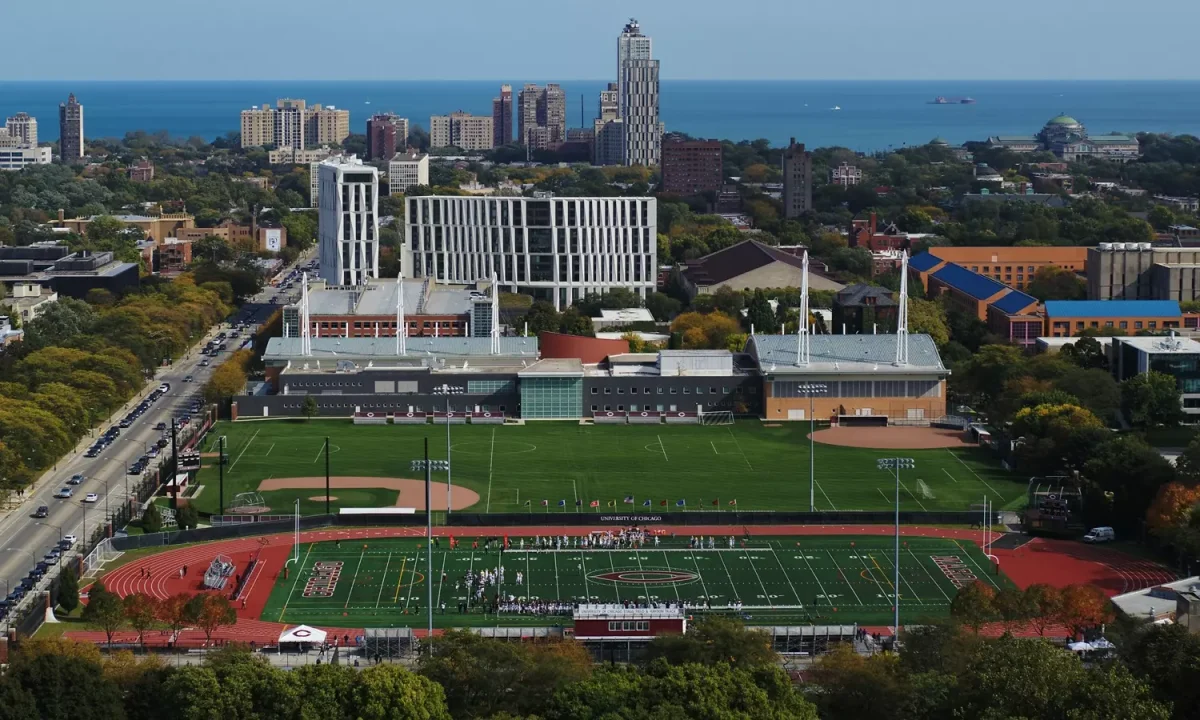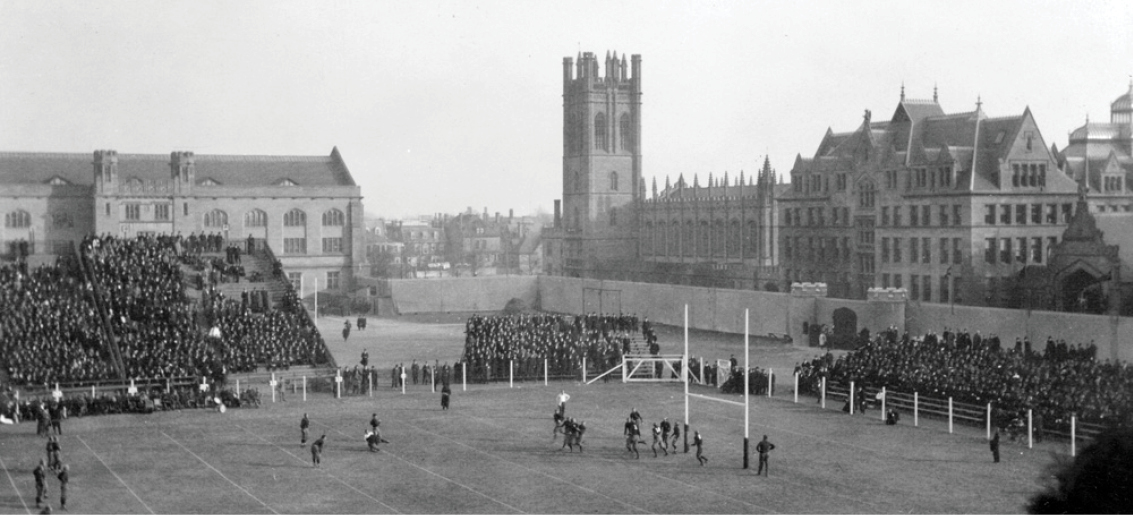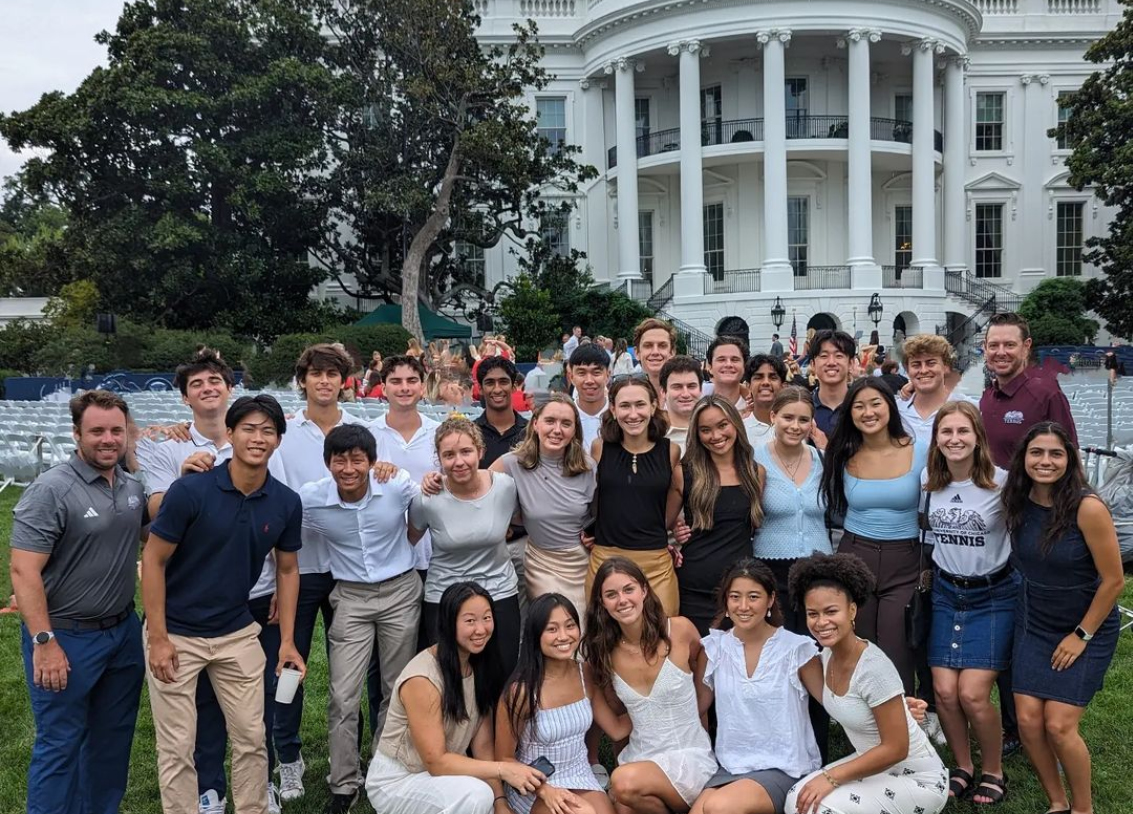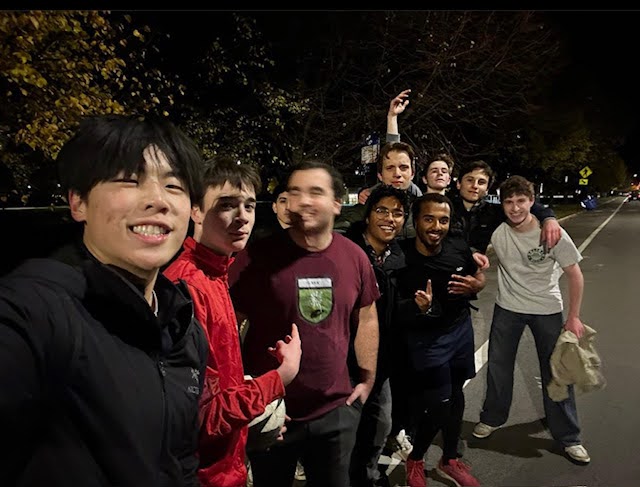First-years like Duke’s Zion Williamson deservedly took the spotlight this March. But they weren’t the ones who took the win.
————–
The year was 2015, and the Final Four consisted of Duke–Michigan State and Kentucky-Wisconsin in two clashes of youthful exuberance versus veteran talent. Duke throttled their Spartan foes by 20 in a game where 58 of Michigan State’s 61 points were scored by upperclassmen. Wisconsin narrowly escaped with a 71–64 win against the Kentucky team, but the Badgers would ultimately succumb to Duke’s first-years. In the national title game, the Blue Devils’ four first-years combined for 60 of their team’s 68 points against a Wisconsin team that did not grant a single minute to a first-year the whole tournament. And with that, Duke clinched their second title in six years.
Duke and Kentucky did not blink when they lost their graduating talent, combining for seven of the top 24 picks in that year’s NBA draft, six of them first-years. Both of these “blue-blood” recruiters knew that they had a winning formula: Recruit the very best high school players in the country, play them for a year, watch them turn pro right away, rinse and repeat.
The year is now 2019, and neither Duke nor Kentucky have seen the Final Four in the past four years. Both teams have doubtlessly stuck with the same formula: This year, Kentucky had one sole upperclassman on its entire active roster, while Duke’s top four scorers—all first-years—averaged a whopping 68.1 of the team’s 82.7 points per game. Both powerhouses made the Elite Eight once more, favored by casinos and pools alike to continue to Minneapolis—the host of this year’s Final Four—on their first-years’ backs. But it was not meant to be.
More brackets had Kentucky as national champions than Auburn by a factor of nearly 10, and more had Duke hoisting the trophy than Michigan State by a factor of over 12. It didn’t matter. Auburn played all upperclassmen to defeat their Southern rivals, while Michigan State avenged their previous loss to the Blue Devils: 64 of their 68 points were scored by non-first-years, compared to only 10 of Duke’s 67.
Auburn and Michigan State would join Virginia and Texas Tech in an exciting Final Four where 14 of the 20 starters were upperclassmen. And in the National Championship game where Virginia outlasted Texas Tech in overtime to capture the school’s first-ever basketball title, it was noted that eight of the 10 starters were older than imminent 2018–19 NBA Rookie of the Year Luka Dončić. So why this shift?
2015 was not only the last time a first-year-powered team even made the Final Four, but it was also the first time UChicago’s Noah Karras—along with fellow now-fourth-years Justin Jackson, Max Jacobs, and Ryan Jacobsen—donned a Maroon jersey. Now having played with the same teammates and coaches for four years, Karras notes that “chemistry off the court…translates to playing, such as trust and competitiveness." Karras adds that he was able to cultivate a relationship with his teammates and develop "like-minded aspirations and goals" over the four years.
Mike McGrath, head coach of UChicago’s men’s basketball for the past 20 years, agrees. He observed, “There’s a connection that those guys have with one another that can enhance the way the game is played.” To Karras’s last point, McGrath notes: "Upperclassmen are really invested in the success of their college team. There’s a little more urgency, a little more desperation, a little more emphasis…. I think that enhances the play."
He contrasts this drive with the talented 2019 Duke first-years: Zion Williamson, RJ Barrett, Cameron Reddish, and Tre Jones. McGrath said, “I loved watching their team play…but they just invest six months in their college program…[and treat it] more as a means to an end.”
McGrath explains that the youngsters “want to do well when they’re there, but it’s not as vital to them as maybe it was a few years back or to guys who spent two or three years at their program.” Barrett and Reddish have already declared for the 2019 NBA draft, with their former teammates expected to follow.
Both player and coach also agree about the impact that playing the game together can have, stretching beyond the court. “Over the course of four years I learned from playing and from my coaches how to work successfully within a team framework, become a leader, develop time management skills, and especially how to cultivate everlasting relationships with coaches and players,” said Karras.
McGrath noted, “The more time you spend with guys, the deeper the relationship becomes, the deeper the connection becomes. I enjoy that. It’s something I enjoy about coaching, and it's something that I enjoy about coaching at the University of Chicago.”







